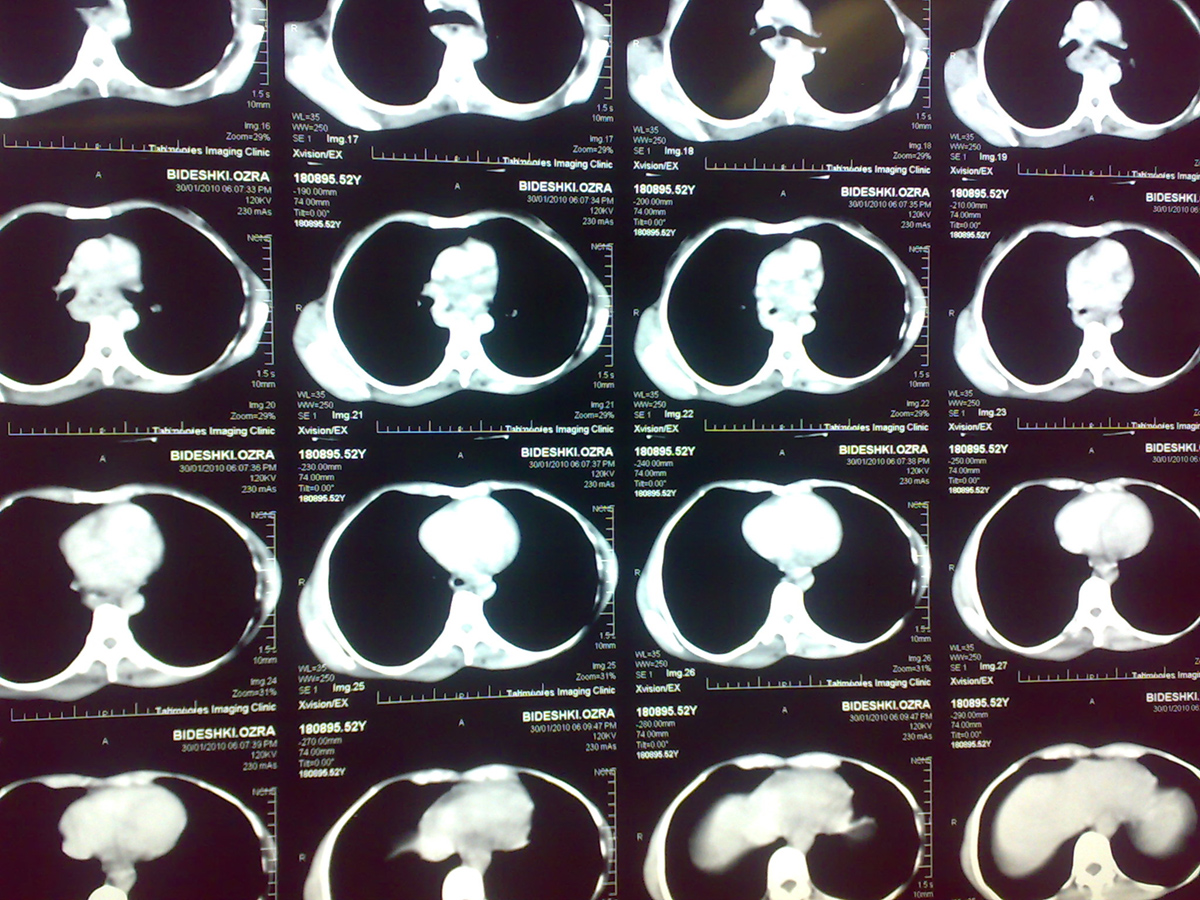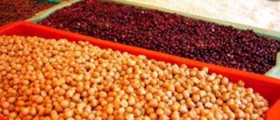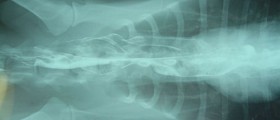
Gullet Cancer-Introduction
The esophagus, also known as the gullet, is an organ which consists of a muscular tube (25 to 30cm long) through which food passes through the stomach. Esophageal cancer is cancer that occurs in the esophagus when malignant cells start to appear.
Types of Gullet Cancer
There are two basic types, squamous cell cancer (arises from the cells that line the upper part of the esophagus) and adenocarcinoma (arises from glandular cells that are present at the junction of the esophagus and stomach).
Risk factors
Age. Common sufferers from this illness are over 60; Genetic predisposition. When a person in one’s family has this type of cancer, the risk is augmented significantly. It is more common in men. Obesity. It raises the risk of adenocarcinoma by four times. Smoking and alcohol abuse have been proven to increase the risk. Gastroesophageal reflux disease may cause gullet cancer, due to the irritation of the lining of the esophagus. Radiation therapyBarrett’s oesophagus is a condition where abnormal cells grow in the lining of the lower end of the oesophagus. It is not a cancer, but over a long period of time a small number of people with this condition may develop a cancer of the oesophagus.Diagnosing Gullet Cancer
There are two ways of getting a diagnosis.
Upper gastrointestinal endoscopyThis procedure allows the doctor to look directly at the esophagus through a tiny tube with a small camera in the top.
Barium swallowA liquid barium solution is swallowed and the doctor can see the barium going down with an x-ray machine. It usually takes for about 15 minutes for the procedure to be over.
Symptoms
The earliest symptom of gullet cancer is increased difficulty in swallowing. In the beginning, there seems to be a problem only with solid food, but as time passes, it transcends to liquids as well. The feeling that something is stuck is present.
Some other symptoms may include vomiting unaltered food only a few minutes after having difficulty swallowing. Some people try only eating liquid food, which is a poor choice while it may cause exhaustion and weight loss.
Pain behind the breastbone induced by eating is also an indication of gullet cancer.
As the illness progresses, the more serious symptoms start to appear. The person tends to vomit often, and, sometimes, vomits blood. There is a distinct feeling of heartburn.
It is very important that one consults a doctor as soon as first signs of gullet cancer have been noticed. Catching the disease early on increases significantly the chances of complete recovery.

















Your thoughts on this
Loading...